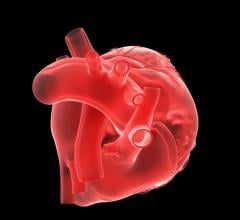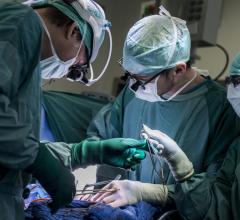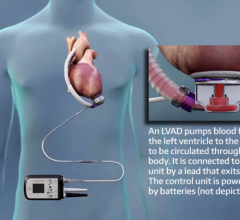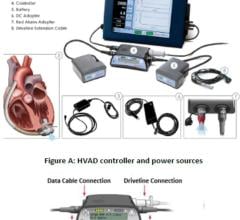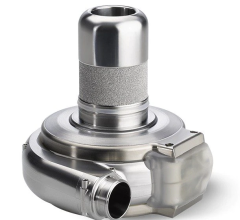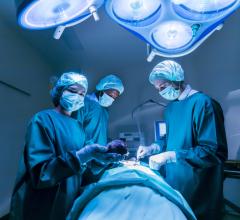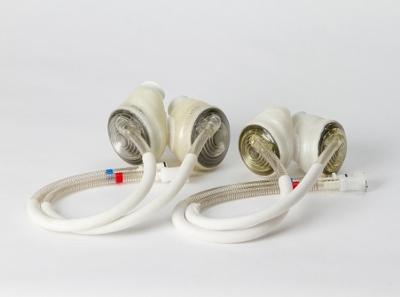
April 2, 2015 — SynCardia Systems Inc. has received U.S. Food and Drug Administration (FDA) approval to conduct an Investigational Device Exemption (IDE) clinical study on the effective use of its 50cc SynCardia temporary Total Artificial Heart.
The FDA approval will allow SynCardia to launch the study with as many as 30 heart failure patients. Patients enrolled in this study will receive the 50cc SynCardia Total Artificial Heart as a bridge to a donor heart transplant.
Under the study, the device initially will be available for implantation in:
- 10 pediatric patients 10-18 years old
- 10 adult patients 19-75 years old
- 10 patients who would not otherwise qualify under the study criteria. This secondary arm is expected to further characterize the use of the 50cc SynCardia Heart.
All patients in the study must be eligible for donor heart transplant.
As part of the study and to better understand the patient populations that can benefit from the 50cc SynCardia Heart, images of the patients' chest cavities will undergo 3-D modeling.
The device eliminates the source of end-stage biventricular heart failure, in which the native heart's two ventricles can no longer pump enough blood for the patient to survive.
Study data through the first six months of patient use will be provided to the FDA as part of its review and approval process. Patients will be followed for up to two years to report on their experiences.
In Europe, both sizes of the SynCardia Total Artificial Heart have CE mark approvals for use as a bridge to donor heart transplant or as destination therapy, also known as permanent use. Use of the SynCardia Heart for destination therapy varies by country.
For more information: www.syncardia.com

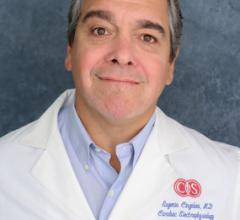
 June 19, 2024
June 19, 2024 
